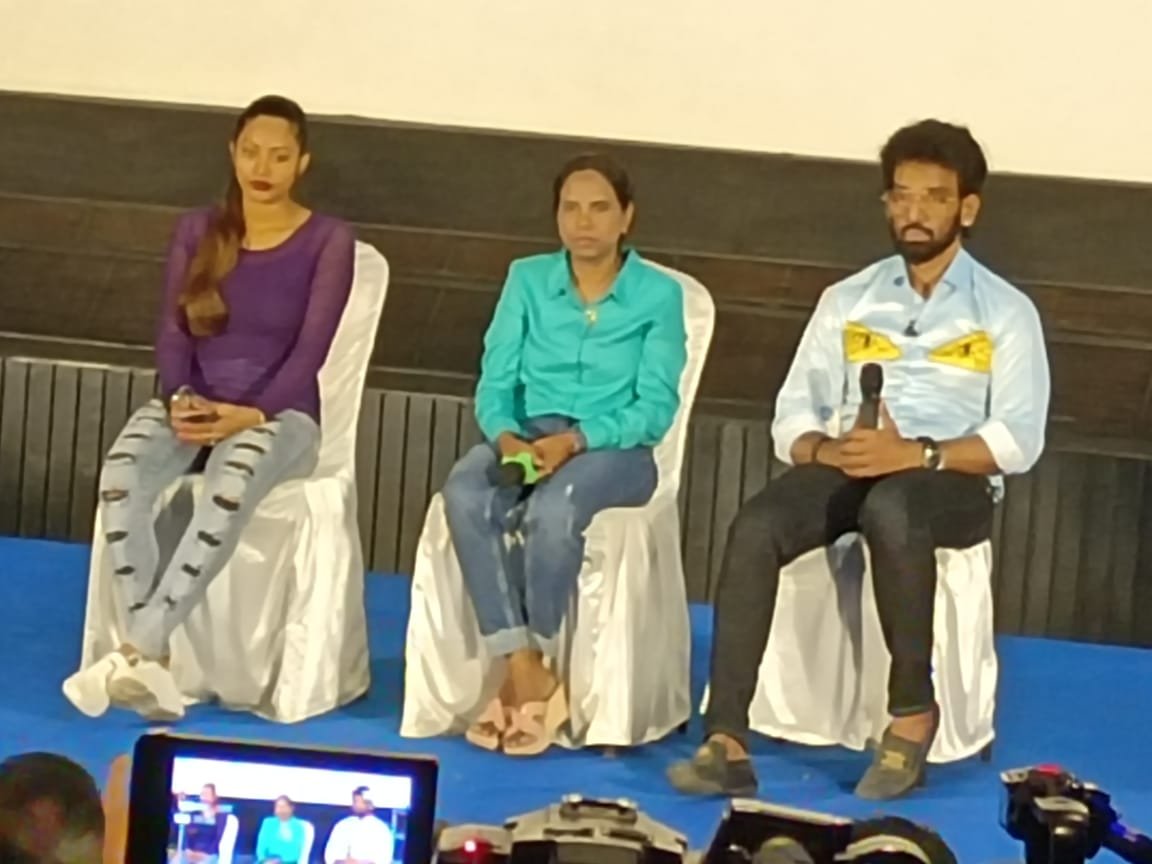From almost becoming an account to a career in PR and Crisis Management, Mushthak Ahamed is currently the General Manager at HardTalk. His unexpected career path led to countless travels, working with many communities and taking Sri Lankan marketing communication globally.
Before 30, his goals were to lead and work with global brands. The vivid traveller, researcher and youth advocate spoke to Sunday Youth Observer about communication and taking the risk.
What inspired you to get into communication and crisis management?
My family envisioned accountancy as a career path for me. But, when I was studying to become an accountant, I also had to help finance my education. That’s when I landed an internship at TNS Lanka (Kantar). There, I fell in love with marketing communications.
Almost immediately, I switched paths from finance, to marketing and began building my skillset and gathering experience to become a communications specialist. However, I never dreamt of specializing in crisis management until I joined Triad. Soon after being exposed to crisis management at Triad, however, I was hooked. It’s very exciting and you have to always be on your feet, keeping abreast of geopolitics, national issues, social issues and the corporate world. Plus, there’s a lot of chaos in crisis management, and I thrive in such an environment. As Sun Tzu so succinctly put it, “In the midst of chaos, there is also opportunity”.
How do you deal with corporate crises?
There are always two sides to the story; usually one from the management and another from the other stakeholders. So, before we develop a strategy it’s crucial to understand both sides of the story. When a brand is under attack, it’s important to keep a cool head, take a step back and reassess the situation. Sometimes, the best strategy is to simply do nothing.
You have achieved so much before 30. Tell us about your journey?
Since adolescence, I dreamed of functioning in a senior, leading role before I turned 30. This perhaps directed my journey which, however, is not extraordinary. I grew up in the Middle East, my family was of modest means, but they strived to give me a good education. I returned to Sri Lanka 8 years ago and didn’t know anyone here. I had to build my network from scratch, which is what led me to TNS Lanka.
From there, my network grew, which helped me broaden my horizons in marketing communications and gave me opportunities to work in a variety of roles from IT at Zomato, Public Communications at the Secretariat for Coordination Reconciliation Mechanisms through the United Nations and, today, Public Relations at HardTalk.
I’ve always been inspired by the simplest things in life and beaten my own path, rather than be a follower. Along the way, I have met and worked with incredible people, some of whom became mentors. I owe a debt of gratitude to these remarkable people, who’ve helped me discover my own path to success.
What is your take on communication in today’s context related to anything?
Communication is intrinsic to being human. Think about it, everything we do as humans within a society is some form of communication, from simple unconscious micro expressions to huge global marketing campaigns. Communication makes us human and the lack of it makes us do terrible things. So, good communication is critical.
The perpetual connectedness of the world today has made constant communication possible. But, while it’s easier to communicate today than ever before, there’s a huge downside to this; it’s difficult to get your message across due to information overload. Thus, the challenge is to create meaningful, effective communications.
That’s why it is essential that we, as industry, as individuals and as a society, focus on communicating effectively and meaningfully. The better our communications, the more opportunities we all have to be understood, and thus the more opportunities for fruitful, peaceful cooperation. Personally, ascommunications professionals, we have a duty to ensure thatbrands can communicate with their audiences on a deeper level than merely a transactional one.
As a youth and peace advocate, what advice will you give young people?
Don’t aspire to be. Be! Don’t aspire to do. Do!
My uncle used to always say, “Shoot for the moon and you’re sure to land among the stars”. This is something that has stayed with me. Big dreams can give you direction, but only daily execution of small tasks, and a thirst to become better each day, will move you on the journey to success. And for this, you need a plan, and you need to stick to it, particularly when things are difficult. Having said that, it is essential to draw your boundaries, be genuine and follow the golden rule; treat others as you would like to be treated.




